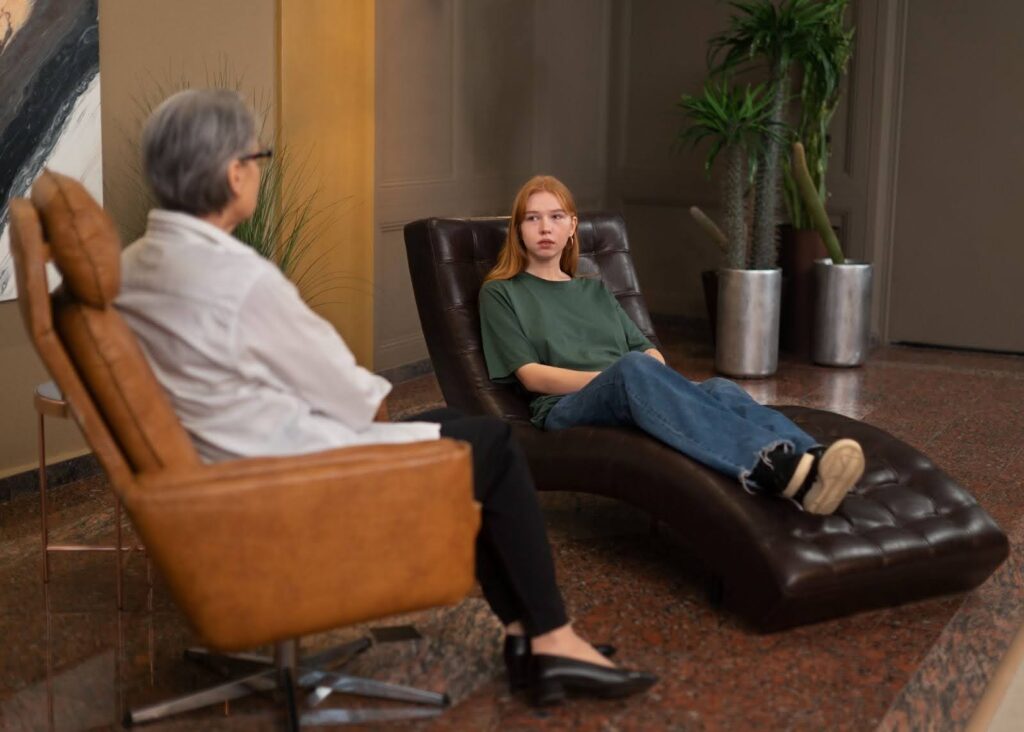Depression is a broad term for mental health conditions that affect a person’s mood and ability to function in daily life.
There are numerous types of depression with symptoms that range from mild to severe. Healing Foundations Center, a top depression treatment center in Scottsdale offers a range of therapies tailored to the needs of each patient.
The stigma associated with depression may lead people to hide it or try to “tough it out.” However, depression is a mental health condition and not something that people can simply “snap out of.” Without treatment, severe depression can be life-threatening, and major depression has a high suicide rate.





